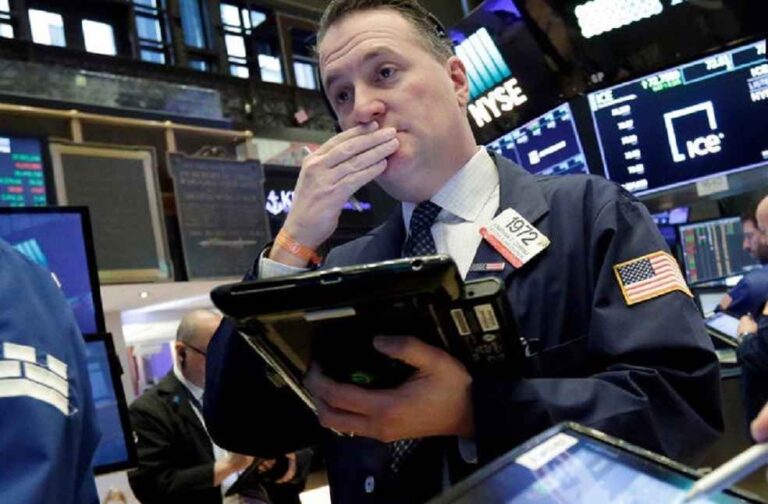The history of the stock market can be traced back to the 12th century in France, where merchants and traders would gather in public squares to buy and sell shares of goods and commodities. These early forms of stock trading were not regulated, and investors were exposed to significant risks, such as theft and fraud.
It wasn’t until the late 16th century that the first official stock exchange was established in Amsterdam. The Amsterdam Stock Exchange allowed investors to trade shares in the Dutch East India Company, and it became a model for future stock exchanges.
In the 17th and 18th centuries, stock markets were established in London and Paris, leading to the growth of trade and commerce throughout Europe. The Industrial Revolution brought about significant changes in the way goods were produced and sold, leading to the formation of new industries and the rise of new companies, which were often financed by stock sales.

In the early 20th century, the stock market experienced a significant period of growth, driven by a booming economy and increased investment opportunities. However, the stock market crash of 1929 led to the Great Depression and a period of economic turmoil.
After World War II, the stock market once again experienced a significant period of growth, driven by a booming economy and increased investment opportunities. With the advent of the internet and digital technology, stock trading became more accessible to individual investors, and online trading platforms emerged.
Today, the stock market is a complex and dynamic system that plays a vital role in the global economy. It allows companies to raise capital and provides investors with opportunities to earn returns on their investments. However, it is essential to remember that investing in the stock market carries risks, and investors must carefully consider their investment strategies before entering the market.

In conclusion, the history of the stock market is a fascinating topic that spans centuries. From its humble beginnings in France to the complex and dynamic system we know today, the stock market has played a crucial role in the global economy. Understanding its history can help investors make informed decisions and navigate the risks and opportunities of the market.
Timelines
- 12th century: Early forms of stock trading in France, where merchants and traders would gather in public squares to buy and sell shares of goods and commodities.
- Late 16th century: The Amsterdam Stock Exchange is founded, allowing investors to trade shares in the Dutch East India Company.
- 17th-18th centuries: Stock markets established in London and Paris, leading to the growth of trade and commerce throughout Europe.

- Industrial Revolution: Significant changes in the way goods were produced and sold led to the formation of new industries and the rise of new companies, which were often financed by stock sales.
- Early 20th century: The stock market experiences significant growth, driven by a booming economy and increased investment opportunities.
- 1929: The stock market crash leads to the Great Depression and a period of economic turmoil.
- Post-World War II: The stock market experiences another significant period of growth, driven by a booming economy and increased investment opportunities.
- Digital Age: The internet and digital technology make stock trading more accessible to individual investors, and online trading platforms emerge.
FINTECH: EMERGING FINTECH COMPANIES SET TO DISRUPT THE FINANCIAL LANDSCAPE IN 2023



